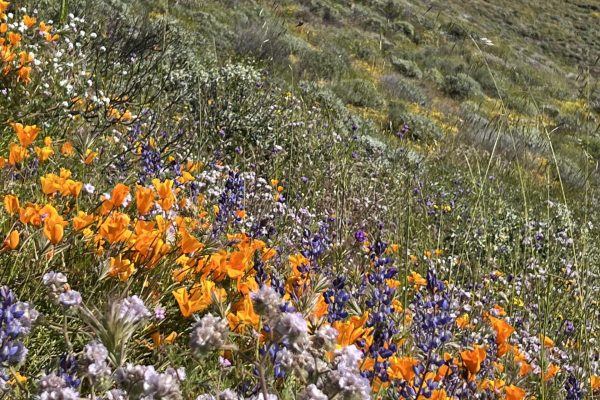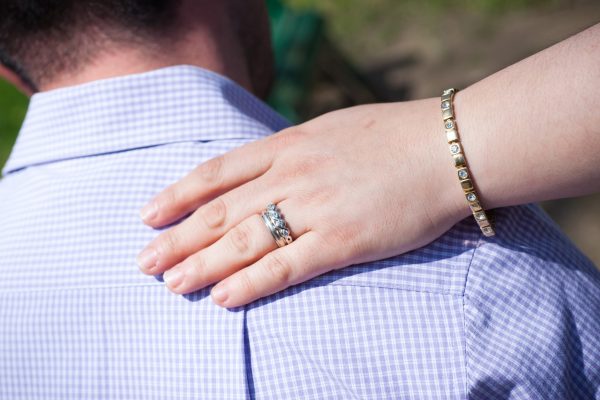The first three of a new series, “Psalms of Protest.” In both of my countries, Israel and the United States, self-interested governments attack democracy and decency. These Psalms of Protest combine the unique form and language of the Psalmist with the prophetic voice crying out for justice. Psalms often build upon one another, expanding or focusing a theme, which is true for this series, as well. As a result, I plan to post these works in groups.
Psalm of Protest 1
A psalm of protest,
When children are stripped from their parents’ arms,
When refugees are jailed as criminals.
How long, G-d of justice?
How long will arrogance strike with impunity,
Attacking the heart of innocence?
They are like ten-thousand bees stinging the eyes,
Relentless with violence.
They are like ten-thousand nettles piercing the skin,
Relentless with hatred and without remorse.
Let the arrogant be brought low.
Let the wicked repent.
Let righteousness heal these wounds
And set the captives free.
Psalm of Protest 2
A psalm of protest,
When tyranny mocks justice,
And the halls of power are painted with bitterness.
Let the righteous rail against cruelty and deceit
So that their voices echo across the land,
So that their footsteps shake the foundations of contempt,
So that their deeds unseat wickedness from the chambers of power.
The land will tremble, the seas will shake,
The heavens will thunder, while the winds split the sky,
Demanding release of the captive
And due process for the enslaved.
Demanding honesty and truth
From governments and leaders,
So that G-d’s word will shine
Even in the hardest hearts of our leaders.
Psalm of Protest 3
A psalm of memory,
When a new Pharaoh arises.
Do you remember how Pharaoh despised the children?
How he commanded that they be ripped from their mother’s arms and destroyed?
How he used babes to subjugate a people and undo a nation?
Remember, too, how a few brave midwives subverted Pharaoh’s plans.
Remember, too, how arduous is the work of freedom.
For Pharaoh has a heart of stone,
And he hardens the hearts of all who serve him
With treachery and deceit,
With fear and disdain.
But you have a heart of flesh,
And the spirit of G-d’s justice,
To be like Moses and Miriam,
Like Aaron and Joshua,
Like Shifra and Puah,
To unseat the reign of tyranny.
© 2018 Alden Solovy and tobendlight.com. All rights reserved.











